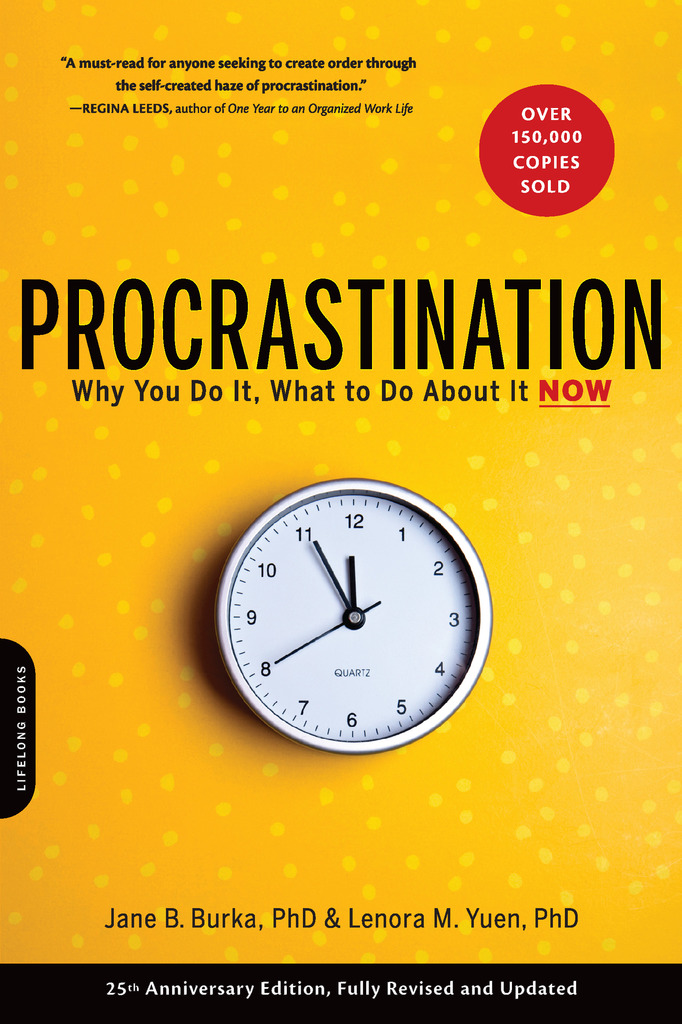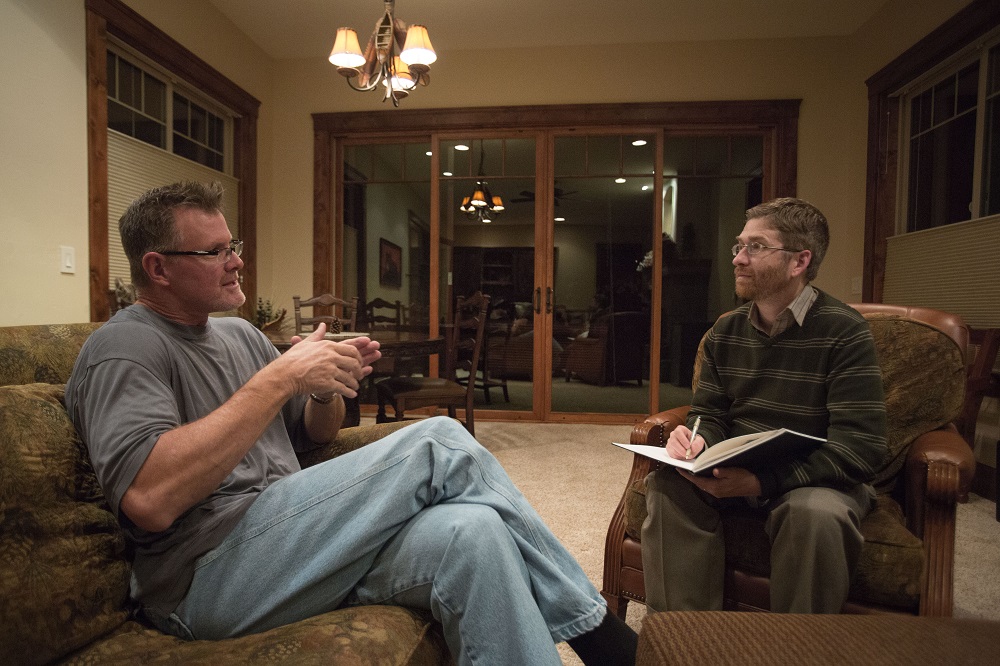 Have you ever felt that you didn’t want to begin a task until you were ready to do a really good job? Have you ever put off beginning something because you lacked confidence that you could measure up to your own expectations?
Have you ever felt that you didn’t want to begin a task until you were ready to do a really good job? Have you ever put off beginning something because you lacked confidence that you could measure up to your own expectations?
If so, then you probably know from experience that there is a strong link between perfectionism and procrastination.
If so, then you probably know from experience that there is a strong link between perfectionism and procrastination.
Procrastination is a topic we’ve been exploring at the TSM blog during the past few weeks. Before continuing this discussion, it may be helpful to recap the ground we’ve covered so far in this series.
Recap of Procrastination Series
In Part 1 of this series, I showed evidence that the longer you wait between graduation and taking your EPPP, the greater your likelihood is for failure. I drew attention to the fact that because of memory decay, those who waited an average of 4-5 years between graduation and their liscencure exam had an average failing score of 493.60.
In Part 2 of this series we looked at some of the factors that lead a person to procrastinate, in particular the feeling of being overwhelmed. I offered some specific steps you can take for beginning your EPPP practice even when you feel overwhelmed.
In today’s post we will continue this discussion by looking at the relationship between procrastination and perfectionism.
Continue reading →


